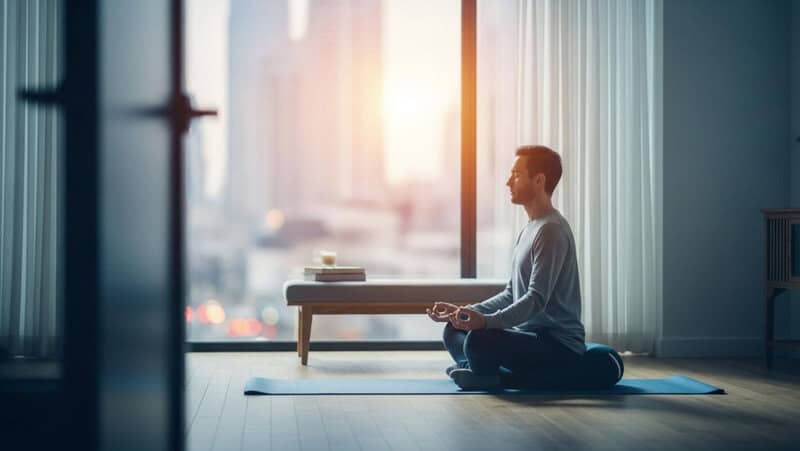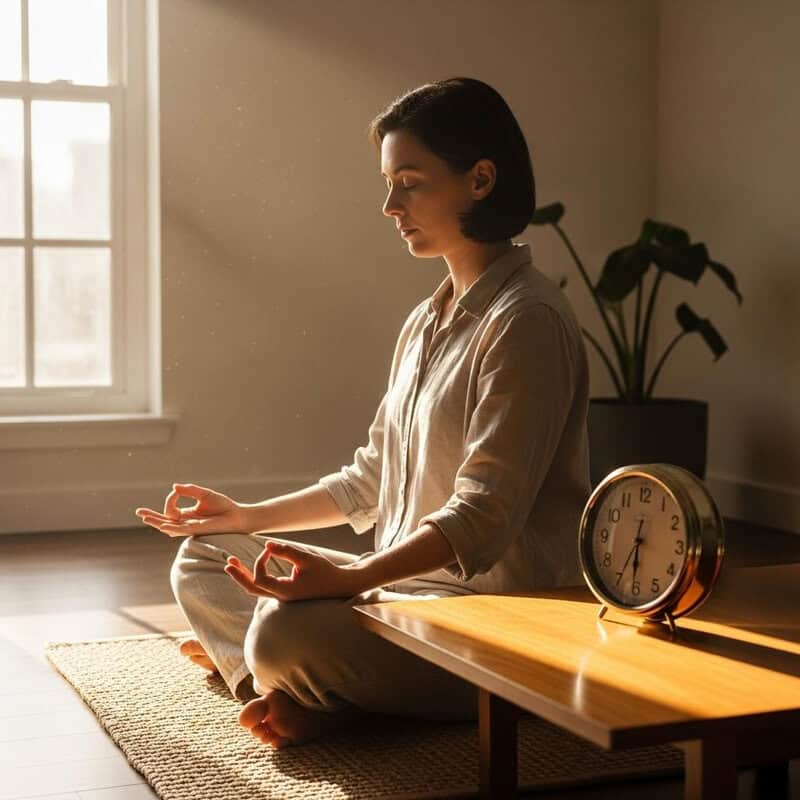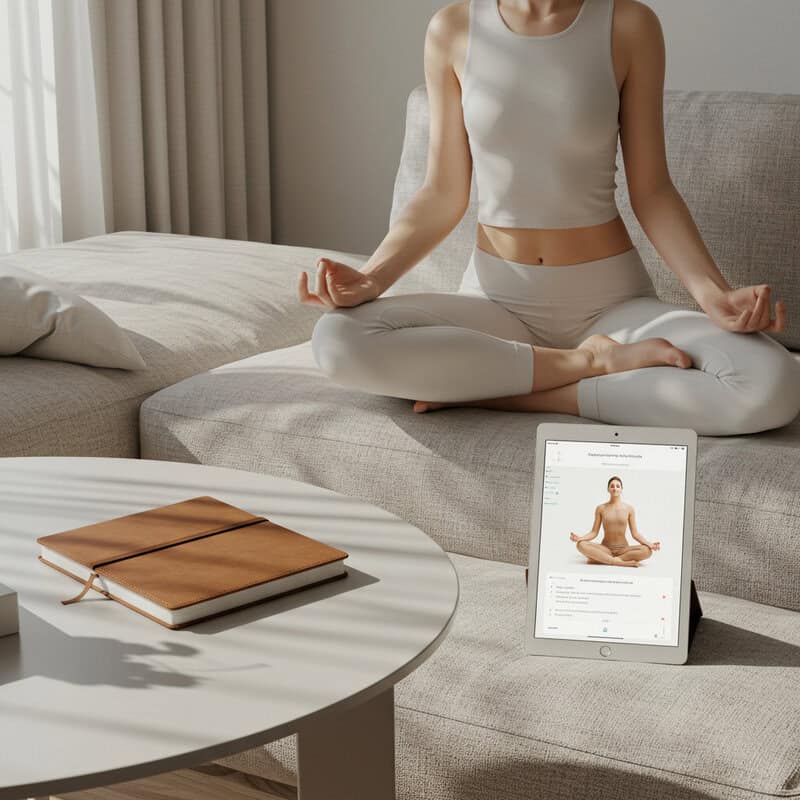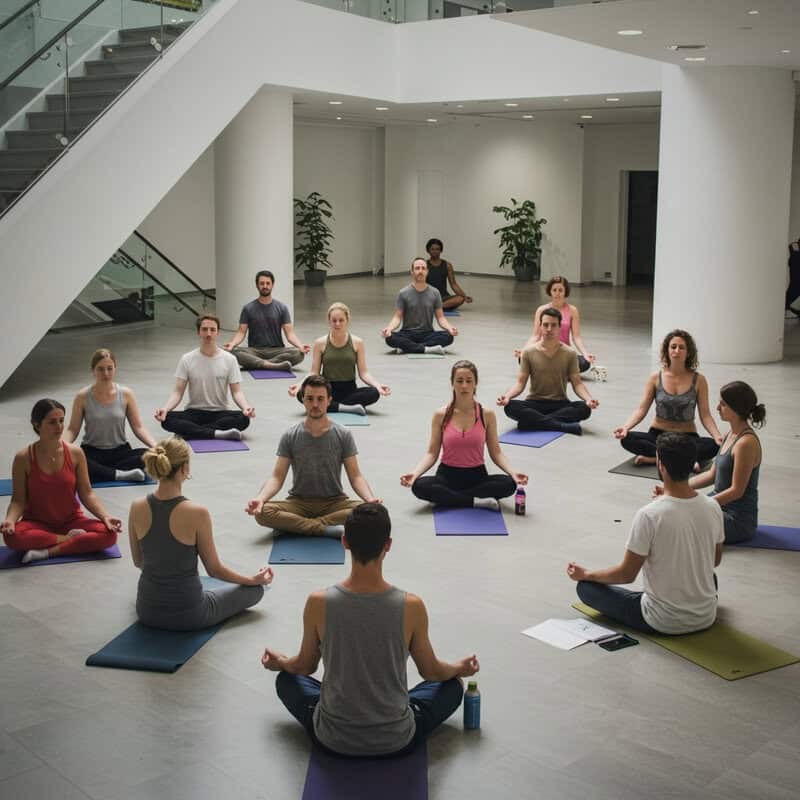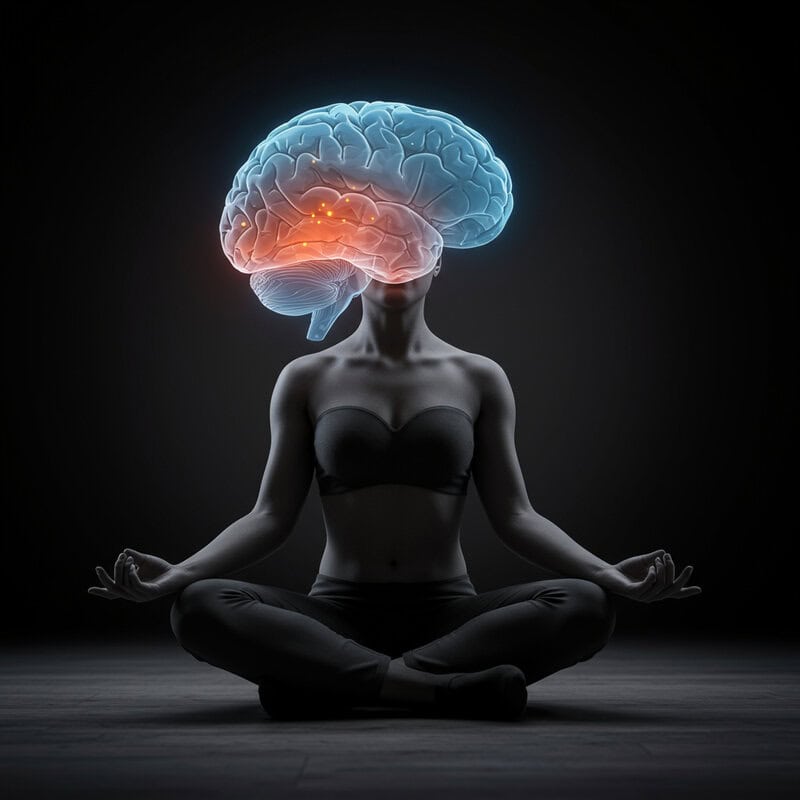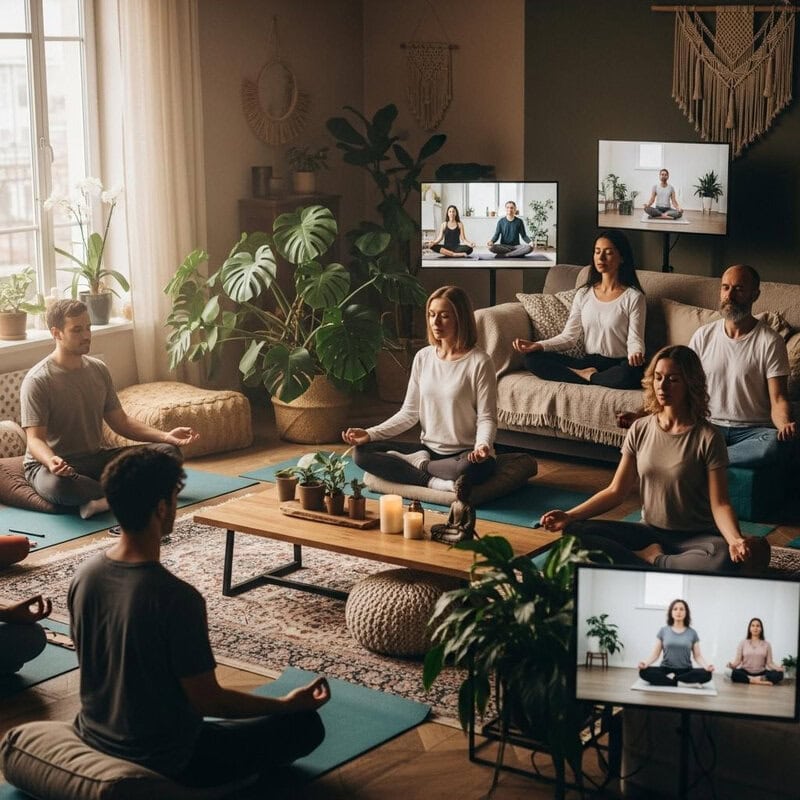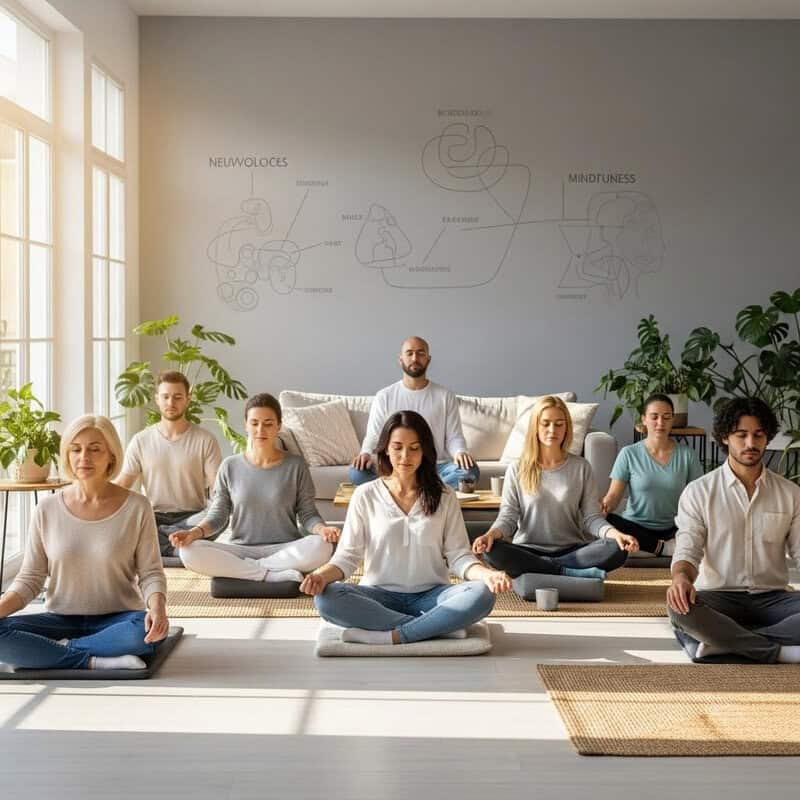Create a Distraction-Free Environment
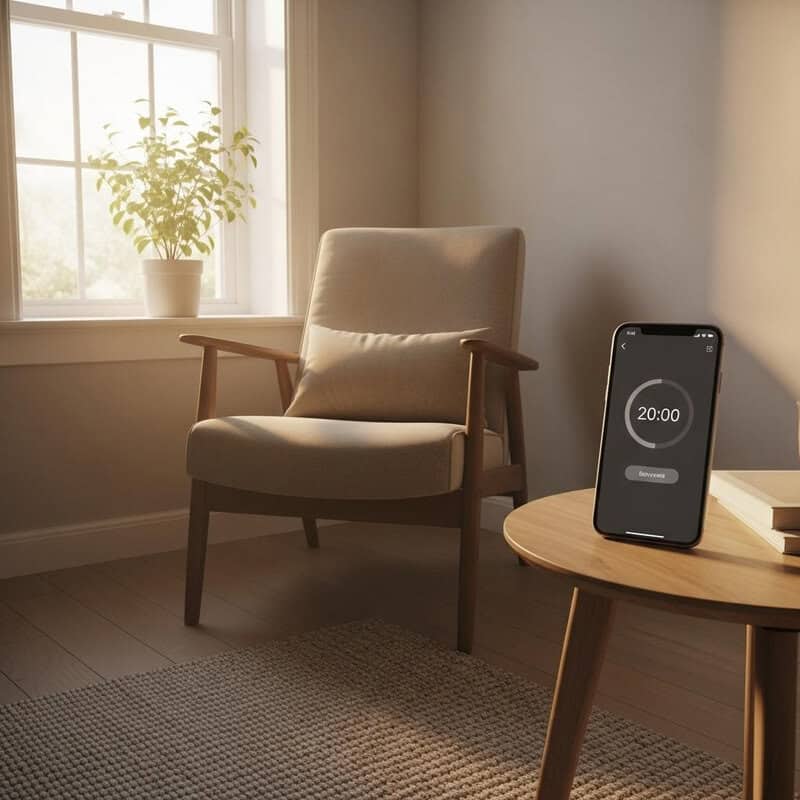
Establishing a peaceful space can significantly enhance your meditation experience. Choose a quiet spot where interruptions are minimal, and make yourself comfortable with a cushion or chair. Silence notifications and consider using a timer or meditation app to guide your session and keep you focused. Even a few minutes of calm can make a difference, and these simple adjustments help make meditation practical for any routine. For more tips on creating the ideal meditation environment, visit Mindful’s guide to setting up a meditation space.

